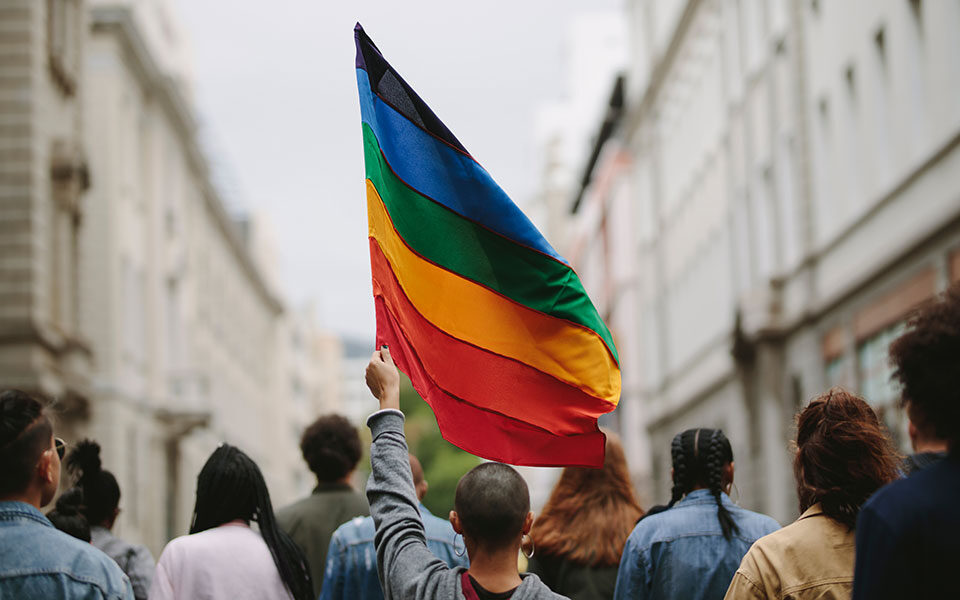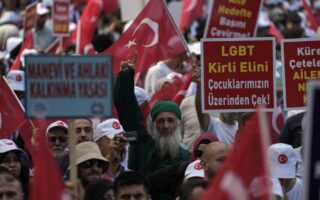ECRI: Improvements in human rights, problems with LGBTQI, Roma, migrants

The progress made in Greece over the last eight years on individual human rights was acknowledged in the current report of the European Commission against Racism and Intolerance (ECRI), which also made a number of recommendations to protect vulnerable demographic groups.
An issue that was highlighted is that of LGBTI youngsters and the discrimination they face at school. According to a recent Color Youth study, the conditions for LGBTI students at Greek schools remain dire.
An ECRI group visited schools and heard horrifying stories about teachers saying things like “You shouldn’t exist” to intersex students. Given the substantial charges of discrimination in secondary education, ECRI recommends that the Greek authorities train teachers in coping with LGBTI-phobic intolerance.
The research, which was completed in June, also refers to prejudice against intersex children, as well as clinicians who counsel abortion of intersex embryos or perform medically unnecessary surgery on intersex children. Meanwhile, on July 19, the Greek Parliament voted to prohibit such surgeries and other “treatments” on intersex youngsters. Such interventions are permitted after the child’s 15th year of life and with the child’s agreement.
The report also focused on Greek Roma, whose level of education remains low compared to the rest of the EU and the general population. Despite a minor decline, the dropout rate remains high. It also emphasizes the lack of infrastructure in regions where Roma settlements exist.
However, some encouraging examples are noted, such as the successful integration of Roma children at Halandri’s 4th Primary School.
It also mentioned improvements for asylum seekers, despite the obstacles that remain, highlighting the five Migrant Integration Centers offering Greek language and Greek culture courses. It also recommended expediting the recognition of diplomas and other qualifications of those granted refugee status.
The report suggests strengthening the advocacy and judicial powers of the Ombudsman and a review of the 2020 ministerial decision that set a new regulatory framework on the operation of NGOs.





